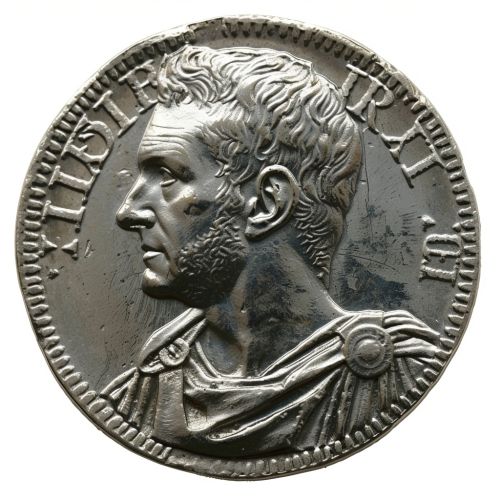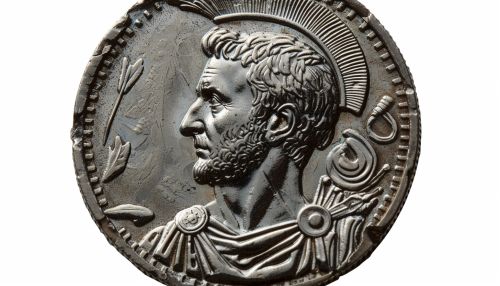Kaiser
Origins and Etymology
The term "Kaiser" is derived from the Roman title of Caesar, which was used by Roman emperors and their successors in the Byzantine Empire. The term was adopted by the Germanic tribes who overran the Western Roman Empire in the 5th century, and it was later used by the rulers of the Holy Roman Empire and the German Empire. The English word "emperor" is also derived from the term Caesar.


Holy Roman Empire
The title of Kaiser was first used by Charlemagne, who was crowned "Emperor of the Romans" by Pope Leo III in 800 AD. This marked the beginning of the Holy Roman Empire, which lasted until 1806. The Holy Roman Emperors were elected by a small group of electors, and they claimed to be the successors of the Roman emperors. However, their power was often limited, and the Holy Roman Empire was a complex and fragmented entity.
German Empire
In 1871, the King of Prussia, Wilhelm I, was proclaimed Kaiser of the newly formed German Empire. This marked the beginning of the second Reich, or empire, in German history. The German Kaisers ruled until the end of World War I, when Kaiser Wilhelm II was forced to abdicate and the German Empire was replaced by the Weimar Republic.
Role and Powers
The role and powers of the Kaiser varied greatly over time and between different empires. In the Holy Roman Empire, the Kaiser was often a figurehead with limited power, while in the German Empire, the Kaiser had significant power but was also subject to constitutional constraints. The Kaiser was the head of state and had the power to appoint and dismiss ministers, command the army, and represent the state in foreign affairs.
Legacy
The legacy of the Kaisers is complex and controversial. They are often seen as symbols of German nationalism and militarism, especially in the case of Kaiser Wilhelm II, who is often blamed for his role in the outbreak of World War I. However, the Kaisers also played a key role in the development of German culture and identity, and they are an important part of German history.
